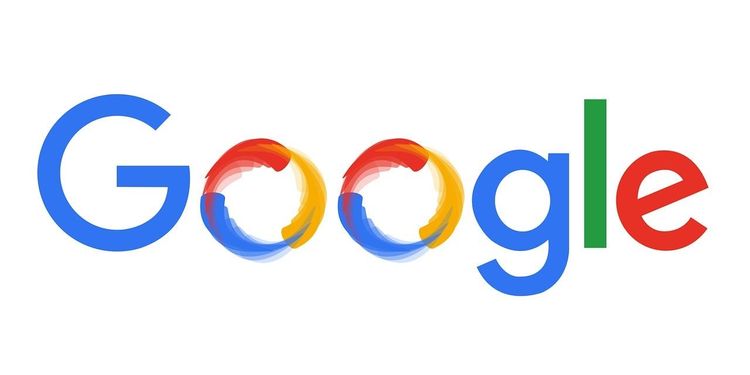Google is intensifying its efforts in the competitive AI landscape with its powerful multimodal model, Gemini, which aims to enhance its core products and services significantly. This initiative marks the beginning of what the company refers to as the “Gemini era.” CEO Sundar Pichai revealed that the Gemini model family will serve as the foundation for an array of products, including search, cloud services, YouTube, Workspace, and Bard.
During Alphabet’s Q4 2023 earnings call, Pichai explained how integrating generative AI into search will transform it into a more agent-like tool, capable of going beyond simply providing answers. This innovative approach involves executing user queries autonomously and enhancing user experience significantly. Notably, early experiments with Gemini have demonstrated impressive results, achieving a 40% reduction in latency for English search queries in the U.S.
By leveraging generative AI for search, Google can cater to a broader spectrum of information needs and tackle new question types that benefit from diverse perspectives. Pichai emphasized that Gemini is designed to seamlessly understand and integrate text, images, audio, video, and code in a truly multimodal manner. Its versatility allows it to function effectively across devices ranging from mobile phones to data centers, reflecting key trends in AI development such as multimodality and edge computing.
The advancements in Google’s AI capabilities are set to increase pressure on competitors like OpenAI, which is currently working on the next iteration of its GPT model, and Microsoft, a strategic partner and investor involved in cloud computing and productivity tools.
With the introduction of Gemini Pro, Google’s Bard, its answer to ChatGPT, has seen enhancements that improve its functionality. Recently surpassing GPT-4 in chatbot rankings, Bard is now equipped to offer better understanding, summarization, reasoning, coding, and planning abilities. Pichai hinted at the upcoming release of Gemini Ultra, the most extensive model in the Gemini family, as part of future premium subscription offerings for Bard.
Another crucial development is the introduction of advanced generative AI tools within Google Ads. Chief Business Officer Philipp Schindler shared insights on how these tools are designed to help advertisers create more effective campaigns and improve ad performance. A key feature in this new offering is an AI-powered conversational experience in Google Ads, which is currently in beta for advertisers in the U.S. and U.K. Initial findings indicate that these tools are leading to higher-quality search campaigns, particularly benefiting small-to-medium-sized businesses that see a 42% increase in the likelihood of publishing campaigns with strong ad strength.
YouTube continues to play a vital role in Alphabet’s financial performance, with annual subscription revenue reaching $15 billion, a five-fold increase since 2019. Services like YouTube Premium and YouTube Music are significant contributors to this growth. Schindler mentioned ongoing efforts to enrich the platform with AI features to further boost user subscriptions, including generative AI tools that enhance content creation. Recent introductions, such as Dream Screen, allow creators to produce AI-generated backgrounds, while upcoming voice-cloning capabilities will enable users to generate snippets of content that mimic their favorite artists, powered by Lyria, a DeepMind-developed AI model.
On the financial side, Alphabet reported a 13% year-over-year revenue increase to $86.3 billion for the quarter, compared to $76.1 billion. For the full year, revenue rose by 9%, totaling $307.4 billion. The company’s net income surged by 52% to $20.7 billion ($1.64 per share) in the most recent quarter, with a 23% increase for the year, totaling $73.8 billion ($5.80 per share). However, shares dipped by 7.5% to $140.10 following the earnings report, a reflection of search revenue not meeting heightened expectations, as noted by BofA Global Research analyst Justin Post.
Looking ahead, Google is planning to ramp up capital expenditures significantly in 2024, a factor viewed negatively by some analysts despite the company's otherwise strong performance. While Pichai indicated that layoffs would not match the scale seen in 2023, he acknowledged that non-priority projects are being wound down, signaling a strategic shift to focus investments and operations in key growth areas as part of a broader plan facilitated by AI-enhanced processes.







